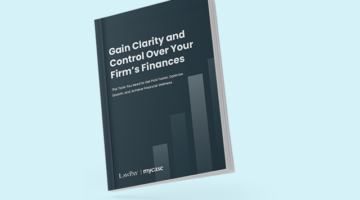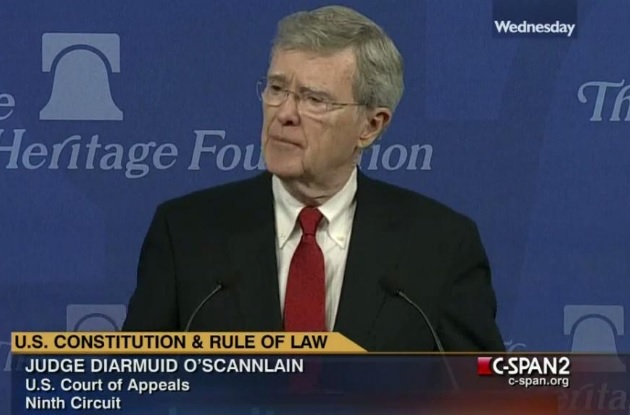
Non Sequiturs: 11.11.18
* The unstoppable Justice Ruth Bader Ginsburg maintains her three-Term streak as author of the Supreme Court's first signed majority opinion -- and, interestingly enough, it's a unanimous affirmance of the Ninth Circuit (opinion by my former boss, Judge Diarmuid O'Scannlain). [Empirical SCOTUS] * When he's not busy issuing landmark decisions (and feeding his clerks to SCOTUS), Judge Jed Rakoff (S.D.N.Y.) writes erudite essays for the New York Review of Books -- like his latest, a review of Joel Richard Paul's new biography of Chief Justice John Marshall (affiliate link). [New York Review of Books] * President Donald Trump is transforming the federal judiciary with his youthful and conservative appointments -- but the extent of the transformation should not be exaggerated, for reasons identified by Ed Whelan. [Bench Memos / National Review] * Ann Althouse analyzes some of the juiciest passages in Michelle Obama's new memoir (affiliate link). [Althouse] * It has been a long time -- specifically, more than four years -- since the Department of Justice has issued an opinion about the Foreign Corrupt Practices Act, as FCPA guru Mike Koehler points out. [FCPA Professor] * Peter Schuck responds, in thoughtful and civil fashion, to the (many) critics of his and Rogers Smith's argument that the Fourteenth Amendment does not require birthright citizenship for the children of unlawfully present aliens. [PrawfsBlawg] * After last Tuesday's elections, in which Louisiana approved a state constitutional amendment requiring a unanimous jury to convict in a criminal case, Oregon is the only state that allows conviction in some criminal cases without a unanimous jury -- and Gerard Magliocca wonders if this is constitutional. [Concurring Opinions] * He's no stranger to our pages, but Isaac Lidsky -- the child actor (Saved By The Bell) turned first blind SCOTUS clerk turned successful entrepreneur -- still has many insights to share, as he does in this wide-ranging podcast with Goli Kalkhoran. [Lessons From A Quitter]












